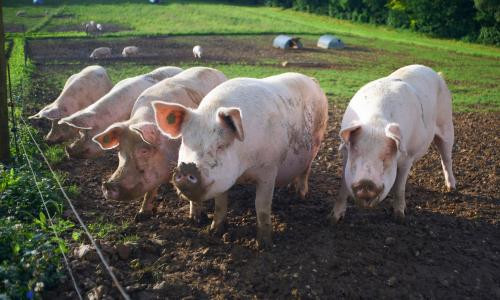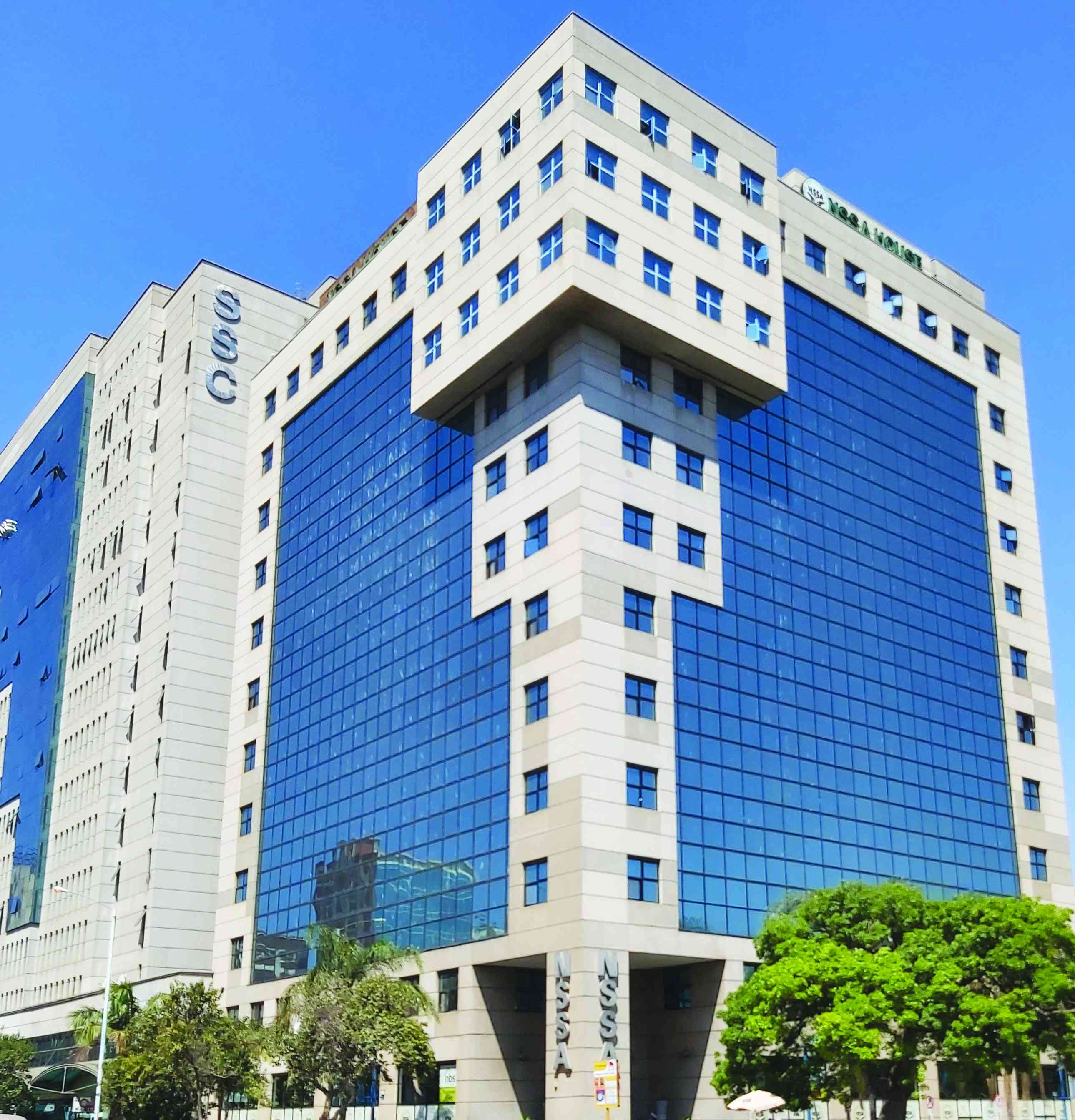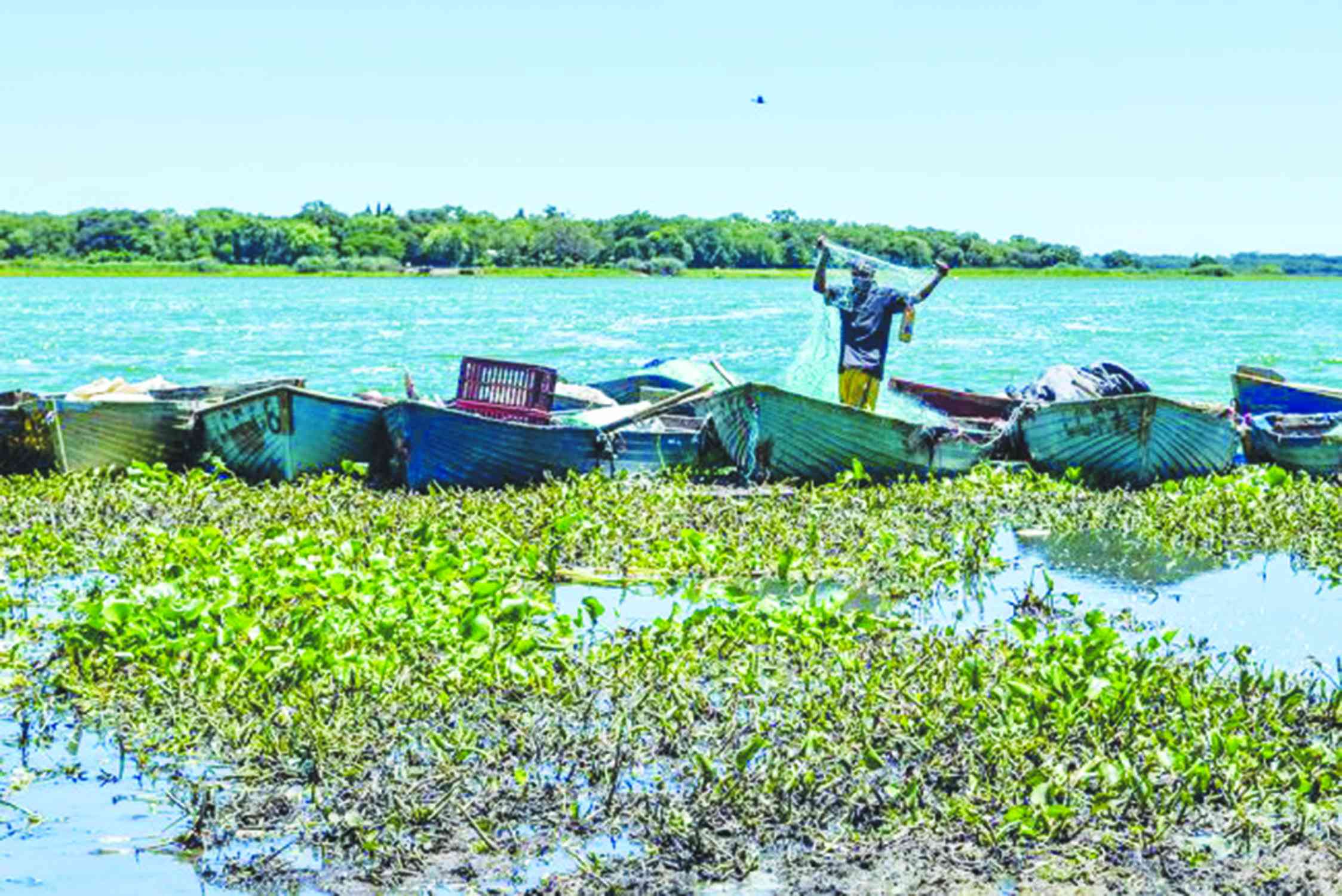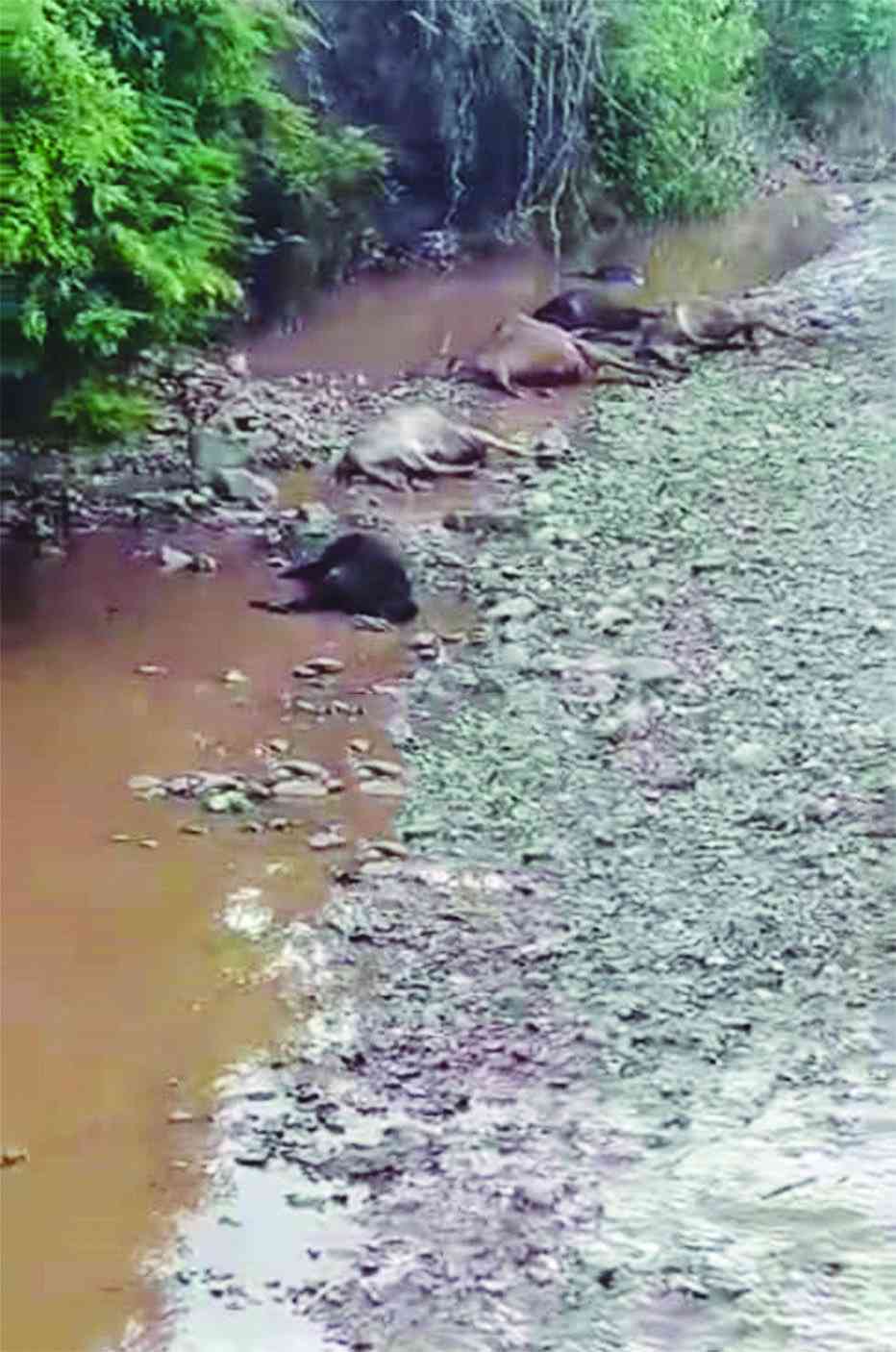
THE Pig Industry Board (PIB) says rising feed costs, illegal imports, and a competitive protein market have crippled the sector.
Zimbabwe is reeling from the devastating effects of an El Niño-induced drought ravaging most countries in the region, resulting in hundreds of thousands of households being exposed to hunger while livestock has also died.
The pig industry, which relies heavily on grains for feed, has been hit hard.
In an interview with the Zimbabwe Independent, PIB director Erica Takaindisa said the board was exploring strategies of cutting costs.
"The pig industry is grappling with unprecedented challenges, especially around the cost of feed, which makes up about 85% of a pig farmer's expenses. The current El Niño-induced drought has worsened these conditions by reducing grain availability, driving up feed prices, and leaving farmers to bear the brunt of increased costs," she said.
"Zimbabwe’s pig farmers have been hit particularly hard this season as pigs, unlike cattle, need grain-based feed that directly competes with human food sources. During droughts, this competition becomes even more intense, putting upward pressure on grain prices.
"There is also stiff competition from alternative proteins. When cattle farmers start de-stocking due to drought, beef prices drop and consumers turn to the cheaper protein source and as a result, pork prices often decline, adding to the financial strain on pig farmers."
Takaindisa added: “Farmers have had to resort to herd culling to cope with the crisis.”
- What does it take to be CEO
- ED’s power retention scheme risky: Analysts
- Piggy’s Trading & Investing Tips: Corporate raiders on ZSE
- Why invest in gold?
Keep Reading
Culling, she said, helps maintain manageable stock levels but has longer-term impacts on supply and market stability as it creates temporary oversupply, and pork prices drop, making it even harder for farmers to stay afloat.
The industry has also declined due to illegal imports of pork flooding the local market.
“The prevalence of illegal imports is alarming and undermines the local market. We are working closely with authorities to combat this issue, but it remains a substantial threat,” Takaindisa added.
"We are training more extension officers to ensure wider farmer support across the country. Additionally, the PIB is pursuing regular importation of high-quality genetics to further improve local breeding stocks."
The PIB is also exploring sustainable practices, such as biogas production and fish farming from pig slurry, aiming to create an environmentally friendly industry that uses resources efficiently.
For Zimbabwe’s pig farmers, the path ahead may be filled with obstacles, but the PIB's supportive measures and future-focused initiatives offer a glimmer of hope that a resilient, vibrant industry can be achieved by 2030.










